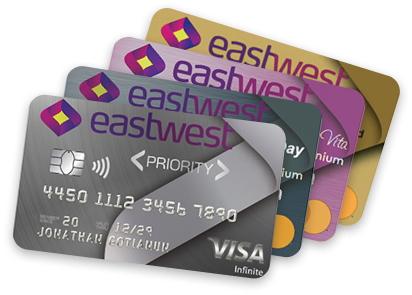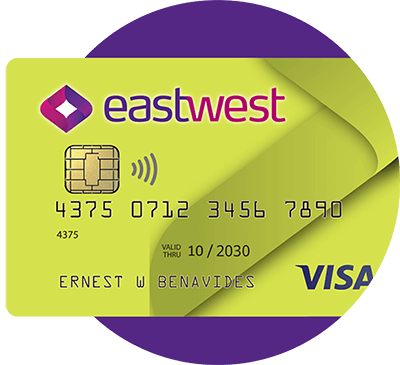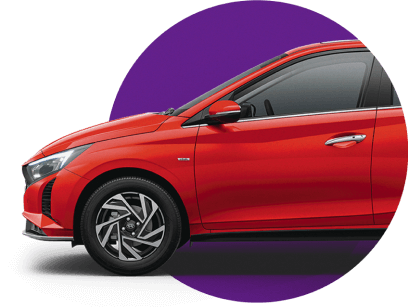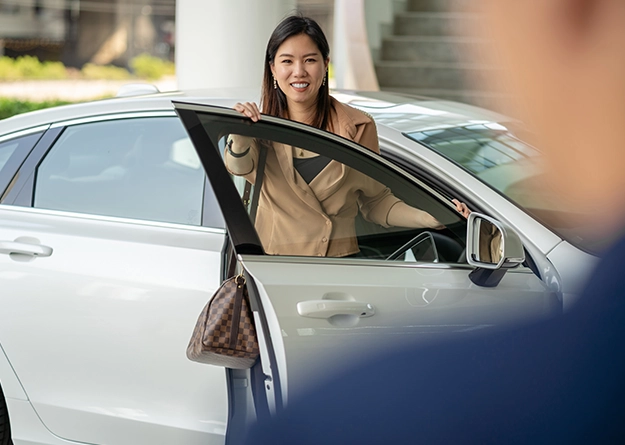Purchasing a car is one of the most exciting and financially significant decisions you'll make. Whether you're a first-time buyer or upgrading to a newer model, choosing the right vehicle requires careful thought and planning. With so many makes, models, and financing options available in the Philippines today, it's easy to feel overwhelmed.
The key is to evaluate your priorities and weigh each factor carefully. Beyond aesthetics and brand preference, consider how a vehicle will fit into your lifestyle, long-term financial plans, and even your future resale strategy. To help guide you through the process, here are five essential things to consider when buying a car in the country.
1. Budget and Financing Options
Before anything else, you need to know how much you can realistically spend. Budgeting is not just about the purchase price of the vehicle; it’s about your capacity to manage monthly payments and other related costs over time.
If you're planning to pay in cash, start by determining how much you can set aside each month until you reach your goal. This method offers the advantage of avoiding interest fees, but it requires time and discipline.
For those who need a car sooner, taking out an auto loan is a common route. Auto loans offer flexibility in terms of repayment periods and monthly amortization plans, making car ownership more accessible. EastWest Bank, for example, provides competitive loan packages that include low down payments, customizable terms, and convenient payment options that can easily fit into your monthly budget.
Before applying for a loan, check the eligibility criteria. In EastWest’s case, applicants must be between 21 and 70 years old, have a stable source of income (whether locally employed, self-employed, or working abroad), and earn a gross monthly income of at least PHP 40,000. Make sure to compare offers from different banks and financing institutions to find the most suitable package for your financial situation.
2. Your Current Lifestyle
The type of car you buy should reflect your daily routine, responsibilities, and personal preferences. Ask yourself: Why am I buying this car? Will I be using it primarily for city driving, weekend road trips, or family errands?
For families, a spacious SUV or minivan with multiple seating rows and ample cargo space might be the best fit. These vehicles offer comfort and practicality, especially during long drives or when transporting kids and groceries. On the other hand, if you live in a city with heavy traffic and limited parking, a compact sedan or hatchback may be more practical and economical.
Also, you need to consider your driving skills. If you're a new driver, a smaller car might be easier to maneuver and park. Meanwhile, experienced drivers who frequently travel long distances may appreciate the power and convenience of a larger vehicle with advanced safety features.
Think about where you’ll be driving most often—urban roads, provincial highways, or rough terrain—and choose a model designed to handle that environment.
3. The Car’s Fuel Type or Energy Source
One of the growing considerations for modern car buyers is the vehicle's fuel type or power source. Traditionally, most cars in the Philippines run on gasoline or diesel. These vehicles are widely available, more affordable upfront, and easy to refuel due to the abundance of gas stations nationwide.
However, with increasing awareness of environmental issues and rising fuel prices, electric vehicles (or EVs) are gaining popularity. EVs produce fewer emissions, require less maintenance, and offer long-term savings on fuel costs. The main drawback, however, is their higher initial price and the current lack of extensive charging infrastructure in many areas of the country.
If you're not ready to go fully electric, hybrid cars offer a great middle ground. These vehicles combine a fuel engine with an electric motor, providing better fuel efficiency without relying solely on charging stations.
Each option has its pros and cons, so make sure to consider your budget, daily driving habits, and environmental values before making a decision.
4. The Vehicle’s Resale Value
Thinking long-term is essential when buying a car. Even if you plan to use the vehicle for several years, there may come a time when you’ll want to sell or trade it in. That’s why resale value should be part of your decision-making process.
Cars from reputable brands with a strong local market presence tend to hold their value better. Toyota, Honda, and Mitsubishi, for example, are known for their durability and strong resale demand in the Philippines due to their popularity. Newer models with low mileage and good maintenance history also tend to retain more value.
Keeping your car in excellent condition—which means ensuring regular maintenance, timely repairs, and proper documentation—can also increase its marketability later on should you decide to sell it. While buying a car may seem like a short-term goal, thinking ahead will help you make a smarter investment.
5. The Long-Term Costs
Owning a car goes beyond just buying it. There are many ongoing expenses that can affect your budget, including costs for fuel, insurance, periodic maintenance, annual registration, and unforeseen repairs.
Routine maintenance such as oil changes, tire rotations, brake inspections, and engine tune-ups will keep your vehicle running smoothly and safely, while skipping these can lead to costly breakdowns in the future.
You shouldn’t forget about insurance either. In the Philippines, third-party liability insurance is mandatory, but many drivers also opt for comprehensive coverage to protect against theft, accidents, fire, and natural disasters like floods. The cost of insurance can vary based on your car’s model, age, and coverage level, so be sure to shop around.
Also set aside an emergency fund for unexpected repairs or part replacements. Planning for these long-term costs will help you enjoy the benefits of car ownership without financial stress.
Are You Really Ready to Buy Your New Car?
If you’ve taken the time to consider the things above, then you’re well on your way to making a smart vehicle purchase.
Whether you're eyeing a brand-new model or a reliable pre-owned unit, make sure you’ve done your research and explored all available financing options. EastWest Bank offers a range of auto loan solutions designed to make car ownership more attainable and less complicated.
Take your time, ask questions, test drive your top choices, and don’t rush into a decision. A car is more than just a ride; it’s a daily companion that should meet your needs and grow with your lifestyle.
Apply for EastWest Credit Card?
With a variety of options to suit different needs, EastWest Bank offers competitive rates, valuable rewards, and excellent customer service.









